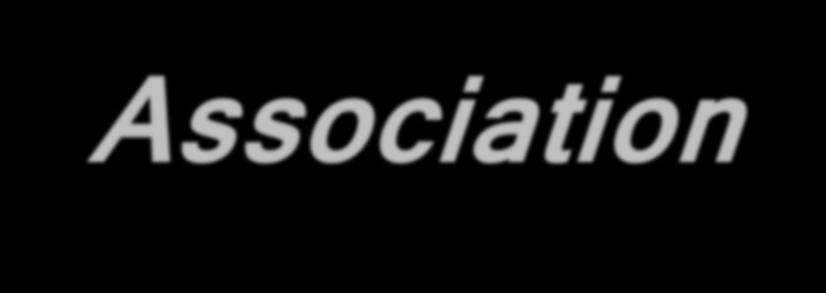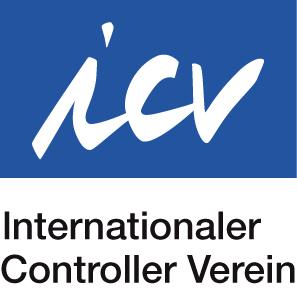

Established in 1975
Is a meeting platform for controllers
popularises the philosophy and the application of controlling
promotes the exchange of experiences
enables its members to increase their professional qualifications

International Controller Association (ICV)
More than 6.000 Members
Currently 72 working groups (regional or specialized)
The annual Controller Congress in Munich
9 regional resp. actively specialized conferences
Controller e-news with >12.000 subscribers (germ/engl)
Periodical editions of Statements (in German and English)
Homepage now in 12 languages: Bulgarian, English, Estonian, German, Hungarian, Lithuvanian, Polish, Romanian, Russian, Slovenien, Crotian, Spanian

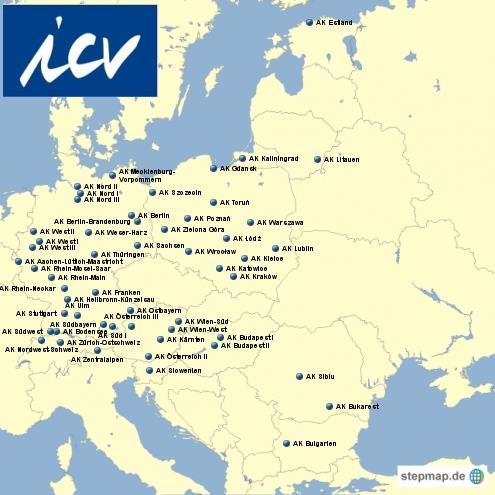














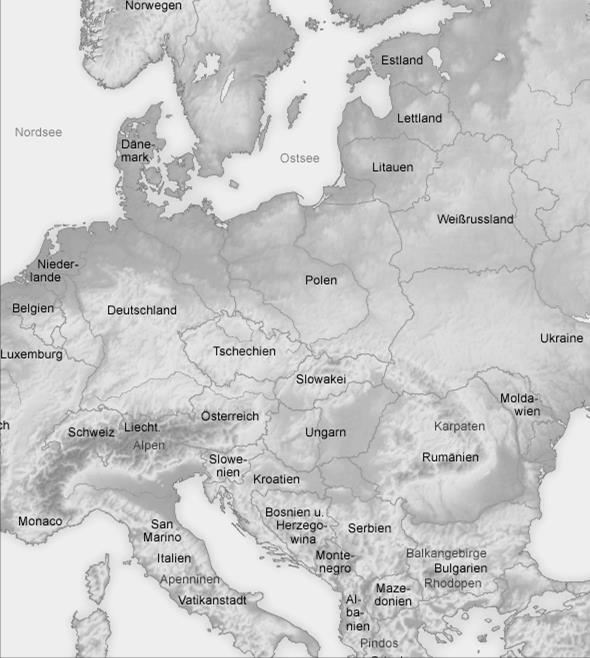





















52 established work groups (regional) work groups starting soon Member-organisations of
established work groups (functional)

What is the controller‘s role?
We don‘t like to be seen like this…
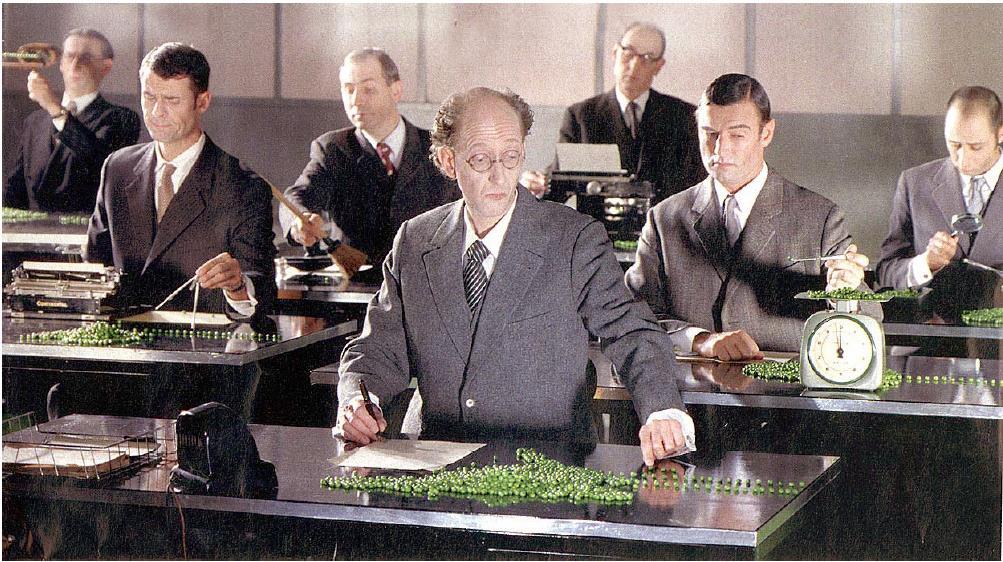

What is controller‘s role?
but like this
Manager: responsible for business results, finance, processes and strategy
Controlling
Controller: responsible for business results, finance, processes and strategy transparency of

Controller’s role
Controller Mission Statement
Controllers design and accompany the management process of defining goals, - planning and controlling and thus have a joint responsibility with management to reach their objectives.
(Wording of the Controller Mission Statement, according to the Managing Committee of the IGC. Revised version, Parma 14 September 2002)

Controller’s role
Controller Mission Statement
This means that:
Controllers ensure the transparency of business results, finance, processes and strategy and thus contribute to higher economic effectiveness.
Controllers co-ordinate secondary goals and the related plans in a holistic way and organise a reporting-system which is future-oriented and covers the enterprise as a whole.
Controllers moderate and design the controlling process of defining goals, planning and management control so that every decision maker can act in accordance with agreed objectives.
Controllers provide necessary company management data and information.
Controllers develop and maintain controlling systems.

Controller’s values
We develop and represent the social image of a controller as:
a future-oriented intermediary between different interest groups within enterprises and organisations as well as between them;
an “interpreter” between the different “languages” attributable to the different perception of various tasks, responsibilities and cultural experiences as well as discrepancies concerning the sector-specific and technical knowledge base;
a person responsible for transparency and a partner of the management in the decision-making process on all management levels;
a competent expert who owing to the solid basis of generally accepted education remaining in line with practical requirements (e.g. IGC Certificate) embodies an independent professional image;
a person co-responsible for “Business Economics“.

See the need to acquire (get) more controlling-experience Controllers in Central and Eastern Europe Controller’s aims
Are interested in learning from each other – as well as from controllers in Western Europe
Are able and willing to change themselves and their companies
See the European Union as a great chance
Have a great need to communicate with colleagues
Prefer to discuss in their own language

Controller’s aims
Reasons for attending ICV Work Groups
Communication with controller-colleagues „Controller-Club“
Learning from the experience of others
Joining a network of controlling-colleagues „No Isolation !“
Getting in touch with other companies / branches
Learning by active doing
Being a part of an international community of controllers
Joining a club of controllers to develop oneself

Controller work
groups
Succesful ICV work groups
Teams of 20 – 25 active members
A leading-team of 3 – 5 controllers organizes the work group
All members define the topic for the next meeting
Active work – all together only one topic for each session – no external speakers
4 – 6 members prepare the next meeting
Intensive communication during the evening 17:00 bis 17:00
Meetings at least twice a year
Continuity by regularly being together
Planning the meetings one year in advance
If attending the meetings three times, you should become a member of the ICV

Controller work groups
Typical agenda for a work group meeting
17:00 Come together, Welcome address
17:15 What is new about the ICV
17:30 Introduction of participants later: my 5 minutes: I introduce my actual problem
19:00 Dinner
20:30 Introduction to the topic or: presenting the controlling-work of a company
21:30 Controllers‘ smalltalk

Controller work groups
Typical agenda for a work group meeting
09:00 Introduction to the topic in order to begin the practical work
10:00 Practical work in groups (4-5 persons in a group)
11:00 Coffee/Tea
11:15 Practical work in groups
12:30 Lunch
14:00 Practical work in groups
15:00 Coffee/Tea
15:15 Presenting the results of the practical work
16:00 Discussion about:
- date of the next meetings (one year in advance)
- topic of the next meeting
- who is preparing the topic (at least four persons)
17:00 End of the work group meeting

Be a succesful controller!
Join your regional work group!

